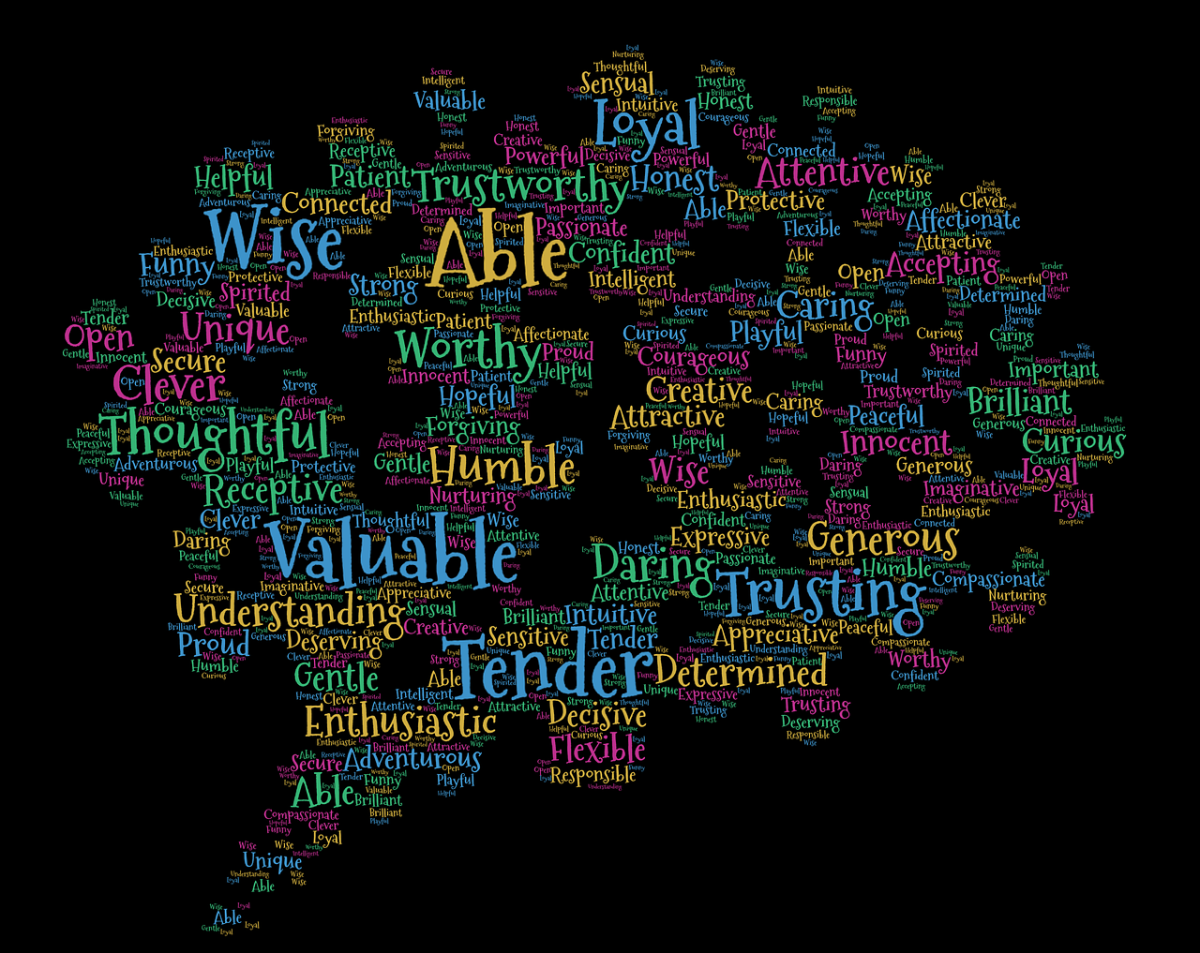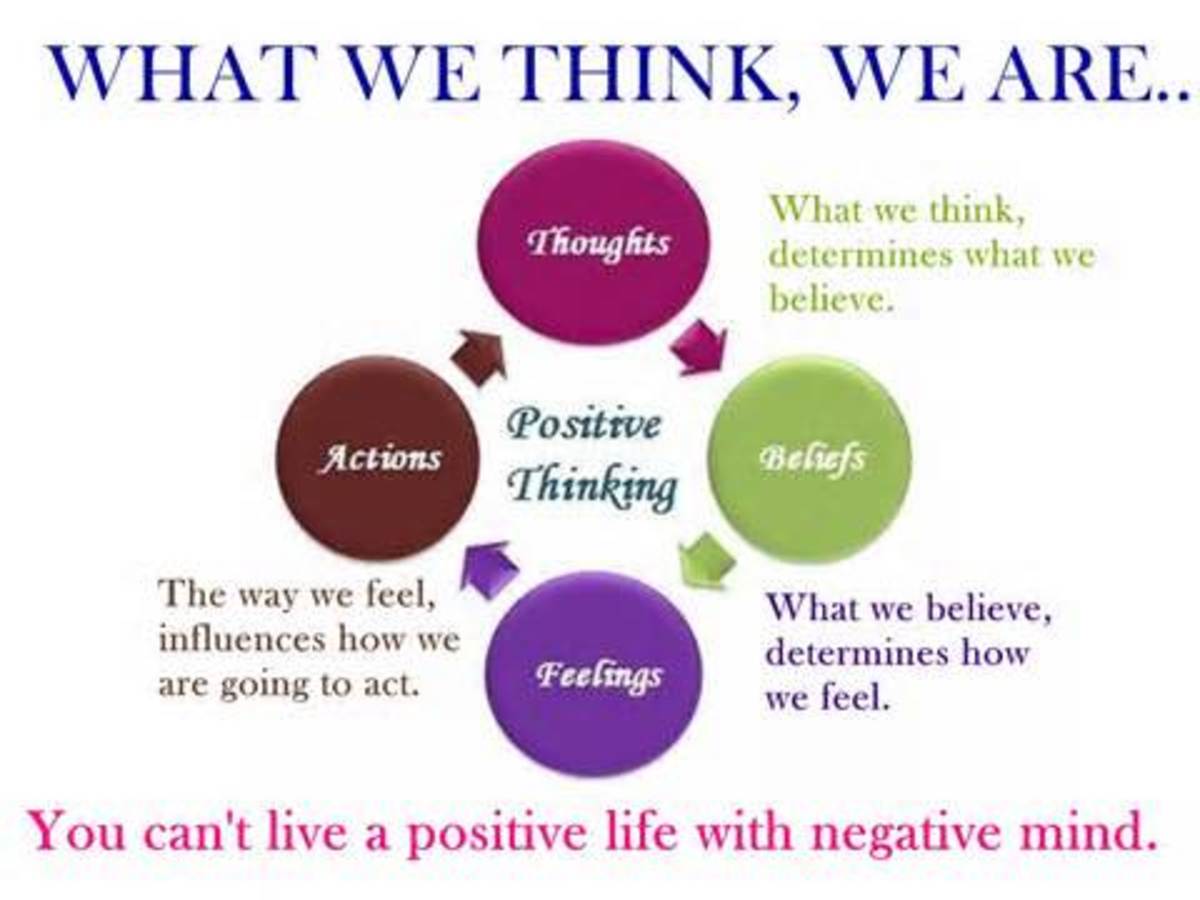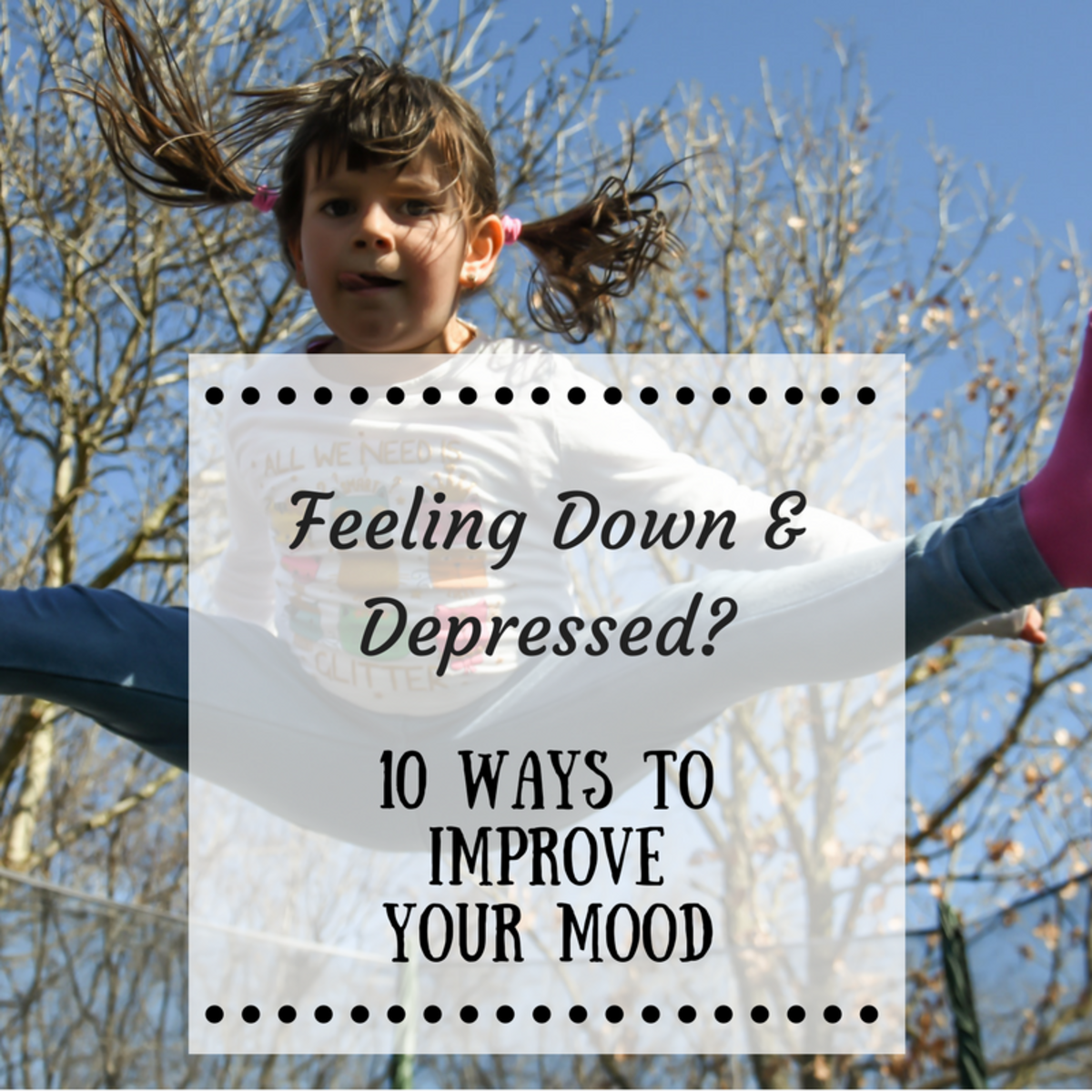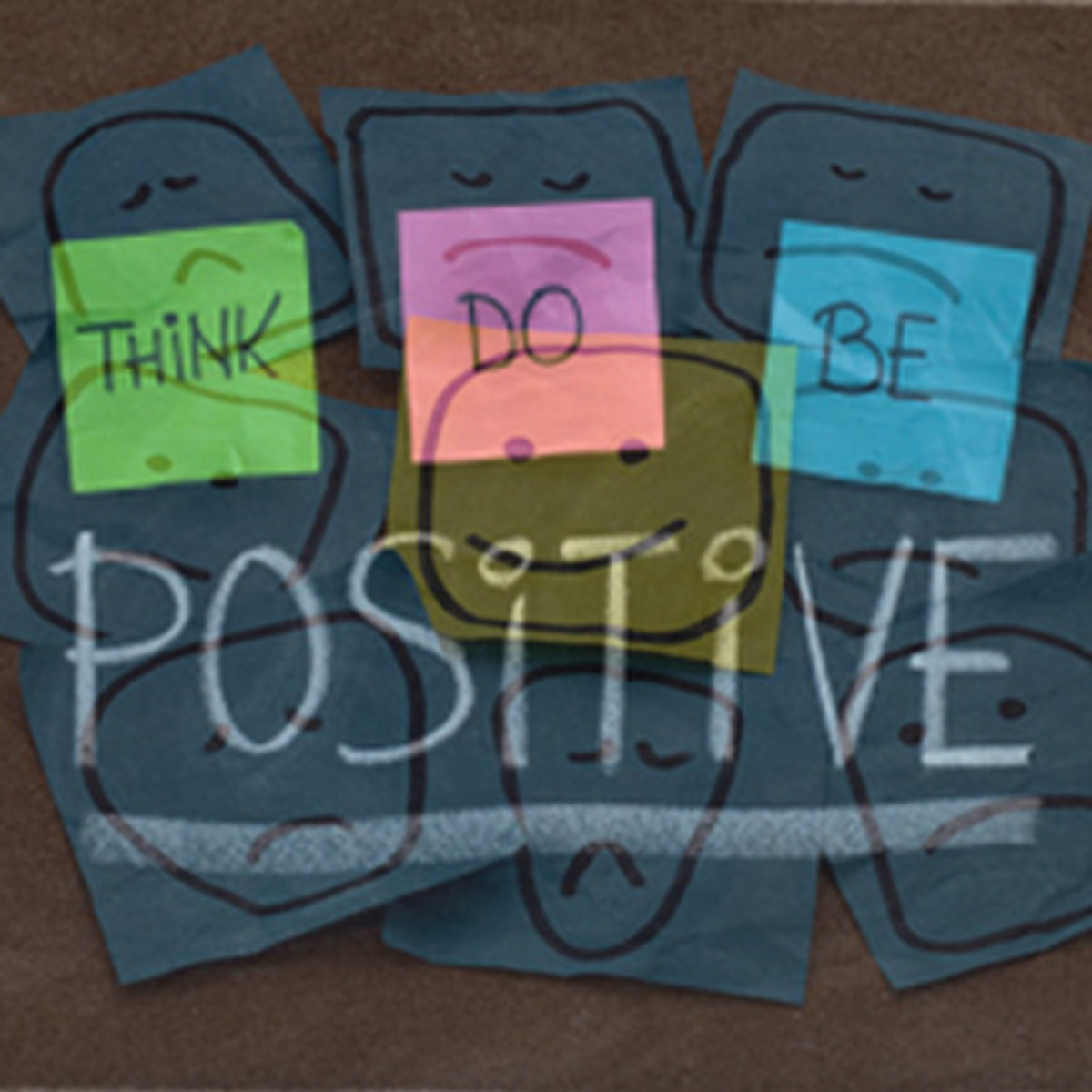- HubPages»
- Health»
- Personal Health Information & Self-Help»
- Mentally & Emotionally Balanced Living
Music and Mood
Music Sets the Mood

Mood and Positive Thinking
Have you noticed different types of music influence your emotions, especially if there is vocal content? Depending on the subject matter of the song, thought patterns connect at different levels with matched memories or experiences evoking emotions that are related to the events, positive or negative. Moods change with different types of music, mood also sets the stage for learning, and motivation. Though unseen in the photograph from Maui, Hawaii, there was a good sized audience that was motivated to dance on the side near the beach. After all, what would a Luau be without tribal drums and Hula dancers? People were motivated to learn how to do the Hula dance, that otherwise would not have attempted.
Music and songs that are upbeat and positive increase joy, energy, and motivation. Bach, and Mozart are two classical music composers used today in products to enhance learning. There are other types of music such as Techno, Country, Pop, and more that may give an individual an uplift.
Listening to music that causes a low feeling, sadness, or anxiety releases hormones that can cause anxiety, depression, and illness.
A musically provoked good mood, or sense of calm and happiness promotes neural activity that effects the creative side of the brain.
Deanna Choi (2012), gives a TED presentation that explains how the brain is stimulated to promote learning, or positive thinking.
Music - Better For You Than Sex or Cheesecake
Sound Waves
There are types of music made specifically for meditation, or increasing positive thinking called Isochronic tones, and Sonicaid, which use Alpha/Beta/Theta/Delta, and Gamma waves or frequencies to acquire access to specific parts of the brain stimulating motivation, creativity, and successful thinking. Certain tones increase the ability to relax, study, and memory recall.
Different frequencies are received individually in the left and right ear, and some simultaneously. The tones help change mood, promoting positive reaction, clear thinking, balanced chemistry that leads to better decision making, and over all feeling of wellness. Any music that is uplifting to bring a sense of peace, and wholeness can be considered Inspirational.
According to Finer Minds team each of the waves holds specific purposes and actions.
"1) Beta (14-40Hz) – The Waking Consciousness And Reasoning Wave - These are associated with waking consciousness, alertness, logic and critical reasoning. They also translate into stress, anxiety and restlessness (the nagging inner voice).
2) Alpha (7.5-14Hz) – The Deep Relaxation Wave - deep relaxation, an optimal time to program the mind for success, and heightens imagination, visualization, memory, learning and concentration.
3) Theta (4-7.5Hz) – The Light Meditation And Sleeping Wave - Present in deep meditation, light sleep, and REM dream state, caught between Alpha (drifting to sleep), and waking from a deep sleep (Delta).Also considered to be spiritual connection.
4) Delta (0.5-4Hz) – The Deep Sleep Wave - This frequency is the slowest, for deep sleep, and transendental meditation, and considered the gateway to the universal mind and the collective unconscious, where information received is otherwise unavailable at the conscious level. (Linked to healing processes).
5) Gamma (above 40Hz) – The Insight Wave - Recently discovered, fastest frequency, bursts of insight and high-level information processing. (Finerminds, 2012)"
The Mood Changer
- Why Music Makes You Happy : Discovery News
Why Music Makes You Happy. Learn more about Why Music Makes You Happy in this article.
Change Your Mood
Positive thinking comes when an individual takes steps to change his or her mood, and music is an important step. Once again, diet and proper rest help too, but music, and tones calm unwarranted thought patterns, creating new pathways for neurons to travel with creativity.
In an article by Emily Sohn, (2011), Why Music Makes You Happy, submitted to Discovery News Online, "...music causes the brain to release Dopamine, a chemical involved in both motivation and addiction". Dopamine chemistry associates with 'feel good', or reward in the brain and body.
Sohn also noted that research by Valerie Salimpoor, a neuroscientist at McGill University in Montreal, revealed "...an increase of heart rate, pulse, breathing that contribute to a feeling of reward" (2011). The sense of reward became motivation and stimulation within the neuron network.
After observing my husband run sound for live bands, it became evident that music has great influence on individuals, and groups of people. I could see for myself how someone would come into the lounge in a negative mood, and after a few songs they changed mood and began smiling, and socializing with others.
Feeling the effects of music myself helped to understand differences, what stirs motivation, and the opposite, what triggers sadness or depression. Certain book stores and libraries tend to play uplifting classical music, to inspire readers.
From early childhood we learn with the help of music. Children learn the English alphabet utilizing a song of A, B, C's. Multiplication tables are learned with the help of music, and all the academic movies or videos' viewed at school contained music that changed with the scenes, including biology! Music changes the mood of children who would otherwise have difficulty learning, and motivates his or her neural transmitters to spark into action.
Brain Functions
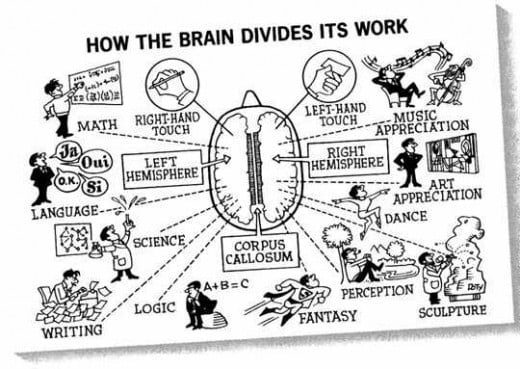
Test your knowledge
What chemical is released in the brain while listening to music?
Top Facts
Music:
- The result of vibrating molecules through objects, air or water creating waves of tone.
- Each of the waves; Beta, Alpha, Theta, Delta, and Gamma hold specific purposes and actions.
- Certain tones increase the ability to relax, study, and stimulates memory recall.
- Chemical release of dopamine influences motivation, or 'feel good' reward sensation.
Beta (14-40Hz)
| Alpha (7.5-14Hz)
| Theta (4-7.5Hz)
| Delta (0.5-4Hz)
| Gamma (above 40Hz)
|
|---|---|---|---|---|
consciousness, alertness, logic and critical reasoning
| heightens imagination, visualization, memory, learning and concentration
| deep meditation, light sleep, and REM dream state, spiritual connection
| slowest, for deep sleep, and transendental meditation
| Insight Wave, fastest frequency, bursts of insight and high-level information processing
|
Writing
I used different styles of music for each segment of my book while writing to increase the mood according to what was taking place in the scene. If there was a romantic moment, I played music that was enticing to the senses, and when there was a scene involving danger, I used music that was intense, or something that would build with intensity.
Setting the mood, can surely enhance the imagination for writing!
Summary
Music comes as waves creating tones, also vibrating our eardrum, or sound receptor then transforming into electrical signals that our brain decodes and spreads the information to other parts of the brain through neural transmitters. Enjoyable sounds trigger dopamine that helps bring about relaxation, and a greater ability to study, or concentrate. These factors contribute to an avenue to change negative thinking or behavior patterns to positive ones..
If there is a desire to learn something new, locate some meditation music, or upbeat music that will influence the neurotransmitters for positive grasp of new information. No two people are alike. Music that creates goose bumps for one person may be a total turn off to another. Find which type of music makes you feel good, whole, encouraged. YouTube is a great place to locate many forms of music.
References:
College of Liberal Arts. Illustration How The Brain Divides Its Work. Retrieved December 7, 2014.
Finerminds Team, (2012). Meet Your Brain Waves. Retrieved December 7, 2014.
Sohn, E., (2011). Discovery News Online. Why Music Makes You Happy. Retrieved December 7, 2014.

